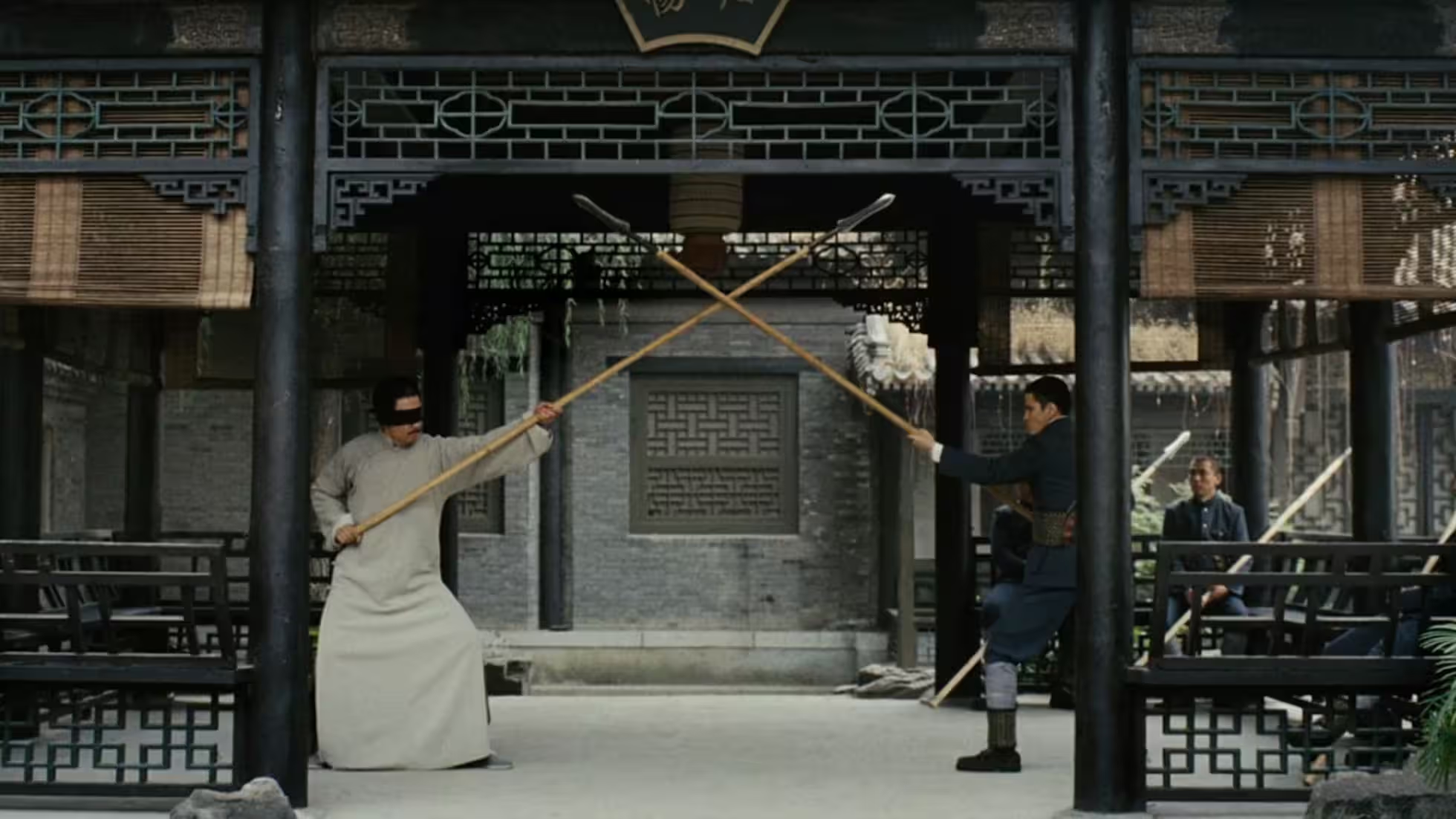Counting The Godfather’s Human Misjudgments

Because our brains rely on many oversimplified routines, they misfire frequently. People are easily fooled — whether by carefully designed cons, random environmental triggers, or well‑practiced influence techniques. In Psychology of Human Misjudgment, Charlie Munger lists twenty‑five tendencies that are broadly useful yet often misleading.
We fall prey to these tendencies all the time — or have them used against us. Fresh off a rewatch of Marlon Brando’s The Godfather, here’s a brief analysis of the cognitive mistakes made by the main characters.
Vito Corleone is a master at using these psychological levers. Through “reward superresponse” and a sense of “Kantian fairness,” he parcels out territory to non‑family lieutenants like Tessio and Clemenza, binding a cadre of loyal enforcers to him. Under “reciprocation tendency,” Luca Brasi risks his life as an undercover agent against Sollozzo — and is killed. When Sollozzo comes to pitch narcotics, Vito invokes “avoidance of inconsistency,” outwardly rejecting drugs because they warp reality and enable “simple denial to avoid pain,” while in truth seeking “social proof” from New York politicians and safeguarding the family’s long‑term position. In retirement, he strives to prevent his own “authority” and “senescence” biases from clouding Michael’s judgment — even when Michael moves to purge old retainers and a godson, Vito mostly refrains from interference.
Michael Corleone, the second Godfather, also works these levers well. Upon taking power he applies “punishment superresponse,” executing Tessio publicly to establish authority. In love, he keeps Kay off balance. Human minds overweigh what’s easily available — an “availability/incorrect‑weighting” error. As the song goes, “If the girl I love isn’t here, I’ll love the girl who is.” While hiding in Sicily, Michael knows Kay waits in New York, yet still falls for Apollonia.
Kay’s judgment is clouded by love. Under “liking/loving tendency,” “simple association,” and “reason‑respecting tendency” — a lollapalooza — she still loves Michael despite his two‑year disappearance and Sicilian marriage. When Connie suggests Michael killed her husband Carlo, Kay wavers, but when Michael says “No” firmly, she chooses to believe him.
Connie, spoiled since childhood, buckles under “stress‑influence tendency.” Abused by her husband, she seeks help from the family. Sonny — a type specimen of “overconfidence” and “deprival‑superreaction” — rushes out alone to rescue her and drives straight into Sollozzo and Carlo’s trap.
Carlo, ruled by “disliking/hatred tendency” toward the Corleones, keeps beating Connie. Seeing Vito’s apparent tolerance of the abuse, he grows bolder — blind to the “contrast‑misreaction tendency” that leads him step by step to ruin.
The gangsters understand “use‑it‑or‑lose‑it.” Even though Michael is a veteran, before the Sollozzo hit Clemenza drills him repeatedly, and just before the car ride Sonny reminds him exactly how to drop the gun and flee.
The police captain and Sollozzo, intoxicated by “excessive optimism,” underestimate Michael’s resolve to avenge his father and defend the family — and end up shot at the restaurant table.
Published at: Oct 2, 2025 · Modified at: Dec 11, 2025


